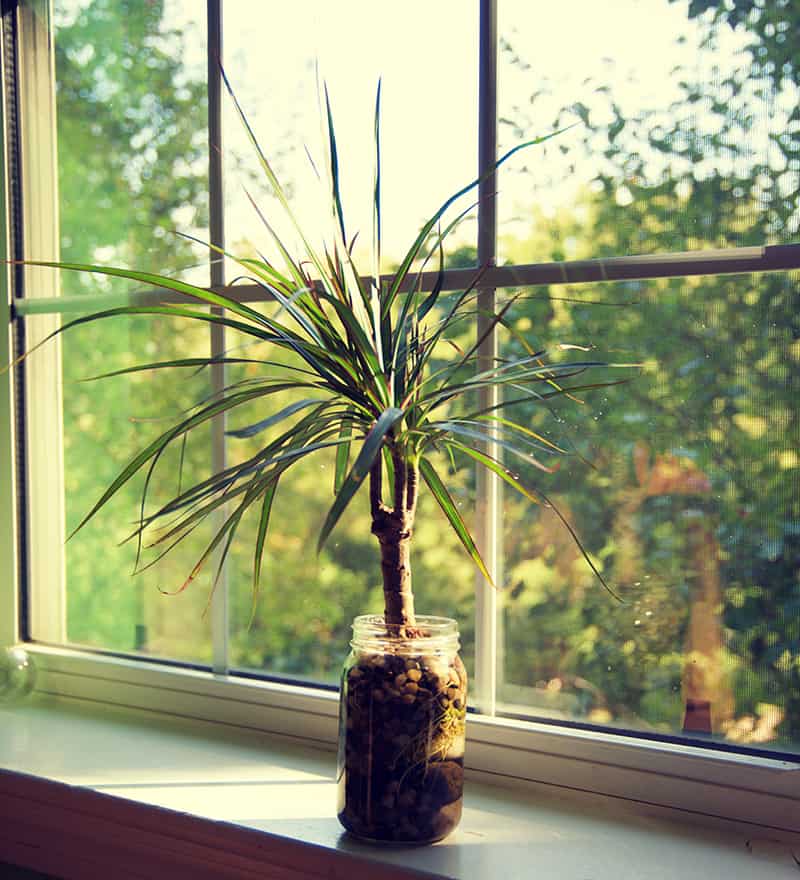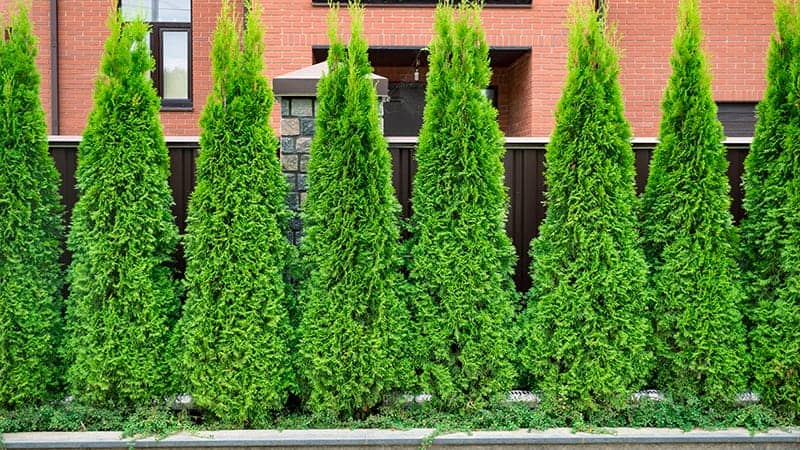- Home >
- Columnar Evergreens
Columnar Evergreens for Sale - Buying & Growing Guide
Do You Know Your Growing Zone? i Growing zones help determine if a particular plant is likely to grow well in a location. It identifies the average annual minimum winter temperatures across the U.S. provided as a map by the USDA.
3 Results
How to Plant Columnar Evergreens
To plant a columnar evergreen, you should first study the species and its unique growth requirements. Columnar evergreens come from many genera, which means their preferred growth conditions can vary greatly.
Regardless of which variety you plant, you should start by digging a hole that is as deep as the root ball is tall and about twice as wide. Nearly all columnar evergreens will grow well in healthy soils with good drainage and adequate organic nutrients. Spacing also won’t be too much of an issue with these plants as most columnar evergreens have quite a narrow form. With that said, many columnar evergreens can grow to an exceptional size after several seasons.
How to Grow Columnar Evergreens
- When. You can plant columnar evergreens at any point during the spring. Generally, these species require a less precise planting time than other plant varieties.
- Where. The ideal location to plant a columnar evergreen will vary based on the species you have chosen. Despite that, most of these plants prefer either full sunlight or partial shade.
- How. Planting a columnar evergreen tree is a lot like planting any other woody shrub or tree. Begin with a hole that is as deep as the root ball is tall, making sure to keep the root flare exposed. Backfill with healthy soil and provide plenty of water during the first growing season.
How to Care for Columnar Evergreens
- Watering. Many columnar evergreen varieties enjoy weekly watering, especially those that have been recently planted. However, there are plenty of species that will show poor growth with overwatering. Be sure to match your watering frequency to the columnar evergreen variety you own.
- Nutrients. It’s common for columnar evergreens to gain enough nutrients from the soil alone. In fact, overfertilizing can be a problem that causes a weak growth habit. If you fertilize your columnar evergreen, a nitrogen-rich mix is often best.
- Pruning. Columnar evergreens often take on a pleasing form without the aid of pruning. Avoid shearing these plants heavily. Most evergreens will not sprout new growth from old wood.
- Pollination. Columnar evergreens spread their pollen via the wind. Therefore, pollination is not typically a concern for those who grow these plants as the landscape value of a columnar evergreen does not tend to come from its flowers or fruits.






